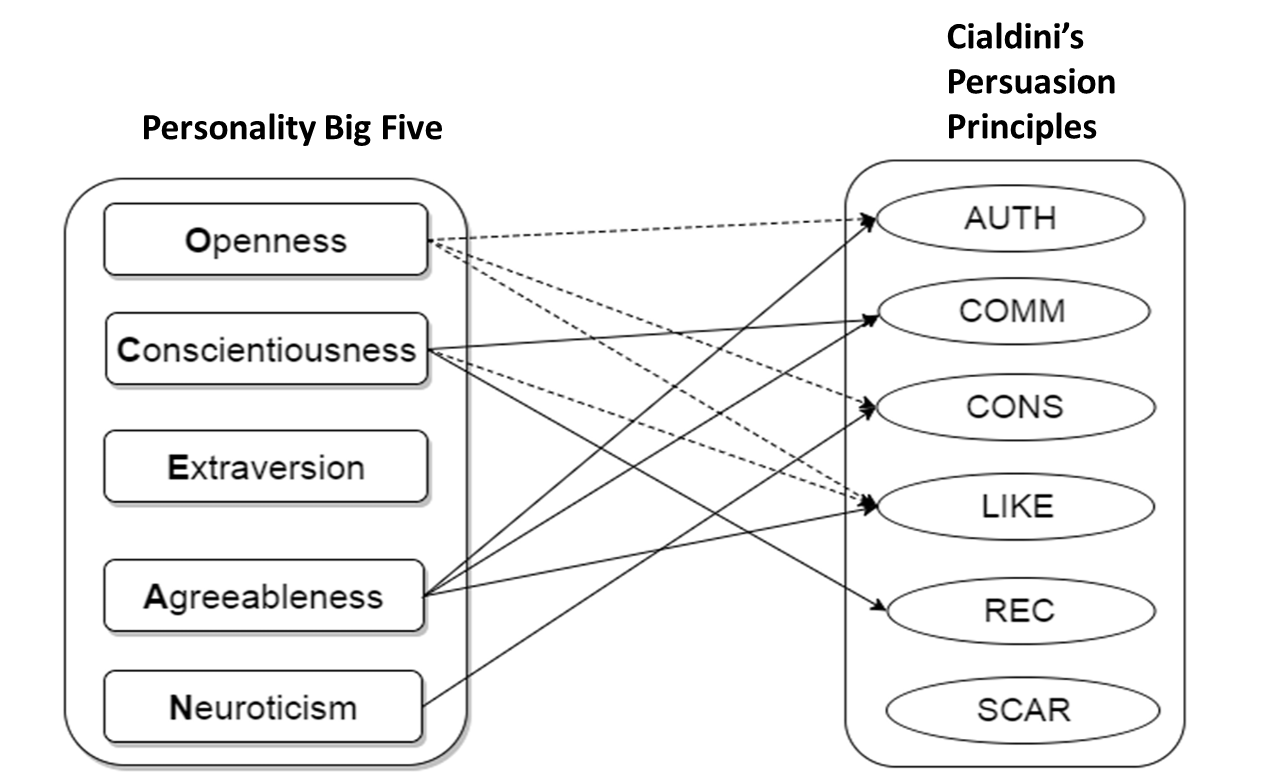My High Openness Got In the Way of Your Social Proof Nudge
One (tiny) facet of behavioral science is nudges or the tendencies of humans to be influenced by certain types of information or presentation. This is where Cialdini’s six principles of persuasion fit in.
-
- Authority: People are more likely to be swayed by those perceived as expert or authorities on a subject.
- Consensus (and it’s Social Proof cousin): People are more likely to agree to something if they see that others are doing it too. This is
- Reciprocity: People are more likely to agree to something if they feel like they owe something in return. For example, if you are trying to fundraise for a new community garden, you could offer small gifts or perks to those who donate, such as seeds or plants.
- Commitment: People are more likely to follow through with something if they have made a commitment to it. We want to behave consistently.
- Scarcity: People are more likely to want something if they believe it is rare or in limited supply.
- Liking: People are more likely to agree to something if they like the person asking. One of the best ways to foster liking is matching your message to their values via Identity and Personality.
The challenge with damn near everything, including nudge principles, is that they don’t work all the time. There’s lots of reasons including incorrectly assuming a given nudge, “Commitment” for example, works the same for everyone.
We’ve done research and there is supporting evidence in the public domain showing Cialdini’s principles work differently for different personalities.
People low in Openness tend to be more susceptible to Authority and Consensus. We can tag your file to identify everyone whose high/low in Openness. You can try versions of social proof and calls to Authority with this audience. The social proof will work best if you’re citing a reference group that the Low in Openness person sees as part of their tribe.
Those high in Agreeableness tend to be more compliant and willing to help others, making them more receptive to Commitment and Liking. For example, you could appeal to their sense of obligation by reminding them of a previous commitment they made as part of a reinstate campaign.



